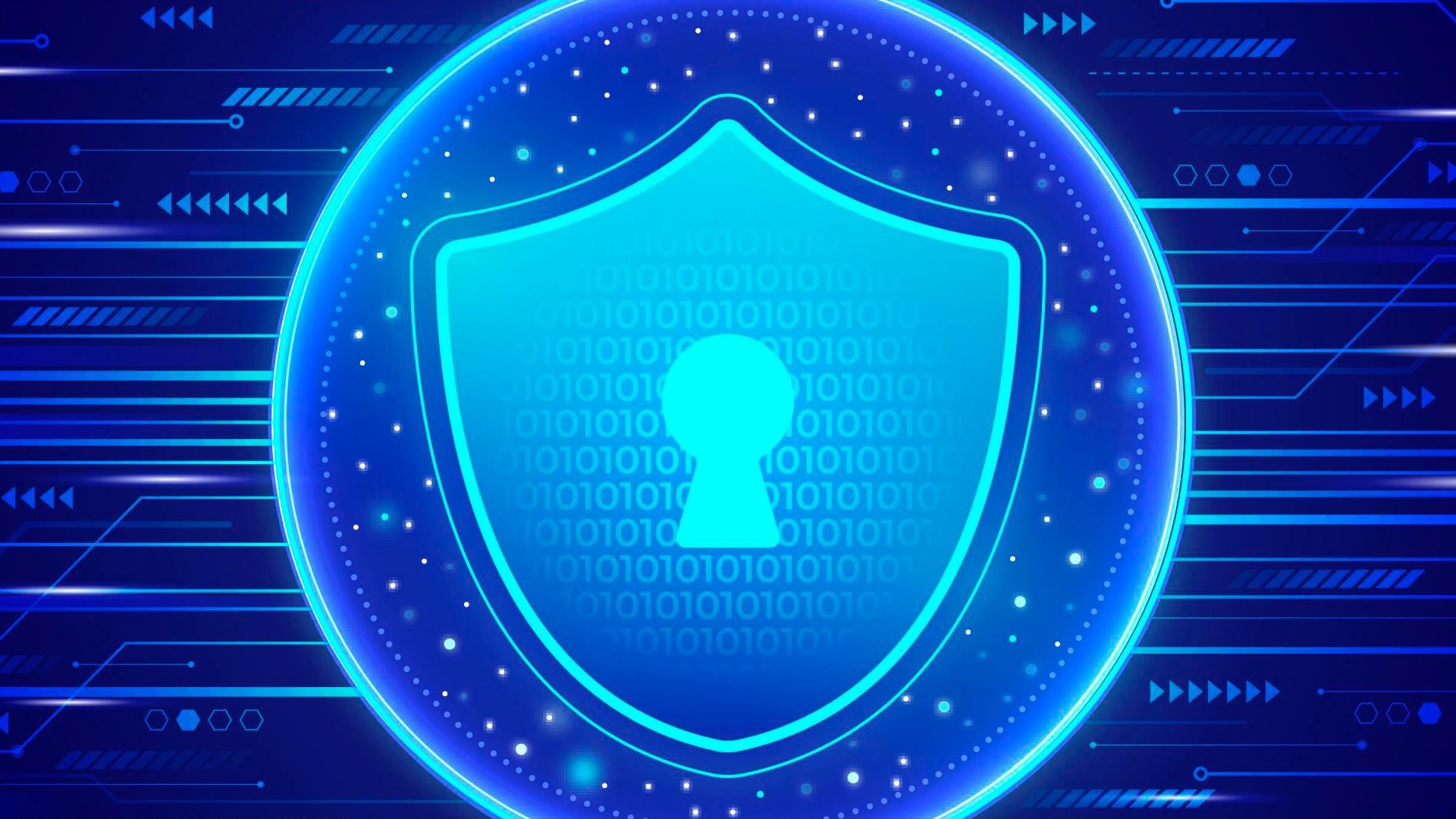
Web3, or Web 3.0 for short, is the latest generation of the Internet under development and aims to create a more decentralized, secure and transparent Internet. It is built on blockchain technology, a decentralized ledger that enables secure and transparent peer-to-peer transactions without the need for intermediaries. It avoids the monopoly and abuse of power found in the traditional Internet by enabling users (also known as peers) to directly interoperate without the help of an intermediary.
The impact of Web3 on the Internet cannot be ignored.Web3 has revolutionized the way we manage data ownership and increased data privacy. It has also enabled new ways of creating and exchanging value. Without the help of an intermediary or central server, Web3 users can generate and trade digital assets, such as cryptocurrencies or non-homogenized tokens (NFTs), which help them to commoditize their work and connect directly with their fans, creating new opportunities for musicians, artists, and other creators.

What is Web3 Digital Identity?
Web3 Digital Identity is a new way to take control of digital identities online, enabling users to regain control.Web3 Digital Identity helps users own and manage their digital profiles, rather than relying on large centralized corporations or governments. This approach is decentralized, which means it is more secure and private, and allows us to choose who we share our information with.
In the Web3 digital identity system, users can establish and manage their identities through blockchain technology, providing a secure, decentralized and immutable record of digital transactions in a safe, private and immutable manner. This enables users to take control of their identity information and selectively share it with others while maintaining privacy and security.
How does digital identity work in Web3?
Web3 Online uses decentralized identifiers to prove a user's identity without relying on a centralized agency. These identifiers are unique, verifiable and permanent and can be stored on the blockchain network. Decentralized identifiers are the foundation of Web3 Digital Identity, allowing individuals to prove their identity without revealing personal information.

Web3 Digital Identity also uses Verifiable Credentials (VCs) to ensure the security and reliability of identity information.VCs are an essential component of a digital identity system built on the blockchain.VCs provide a secure and digital alternative to easily authenticate users. Examples of identity documents that can be issued as VCs include driver's licenses, employee certificates, membership certificates, and digital passports.
Web3 Digital Identity Use Cases
1) Decentralized social media: Web3 Digital Identity enables users to control their identity information and content on decentralized social media platforms.
2) Decentralized Finance (DeFi): Web3 Digital Identity provides secure and reliable identity management for DeFi transactions, preventing fraud and building trust.
3) Decentralized Marketplace: Web3 Digital Identity ensures secure and transparent identity management when buying and selling goods and services in a decentralized marketplace.
4) Decentralized Voting: Web3 Digital Identity enables secure and transparent identity management for voting systems, preventing election fraud and ensuring fair elections.
5) Decentralized Healthcare: Web3 Digital Identity provides secure identity management for healthcare systems, allowing patients to take control of their medical records and keep their personal health information private and secure.

Web3 Digital Identity Solution
Web3 Digital Identity solutions are designed to give users greater control over their personal data and online identity. An example of a Web3 digital identity is the Ethernet Name Service (ENS), a decentralized domain name system that allows users to link their legacy, easy-to-read domain names to their Ethernet addresses.Space ID, another Web3 digital identity solution, is a decentralized identity protocol that uses the Ethernet blockchain. Using Space ID, users can create and manage their decentralized identity profiles and use them for authentication and verification purposes.






